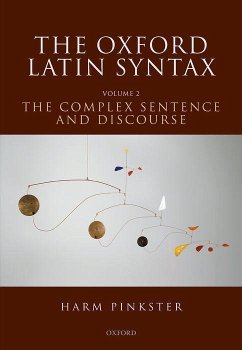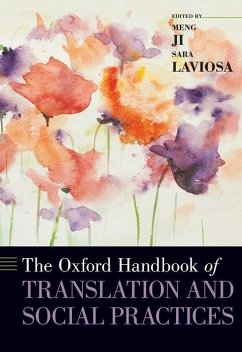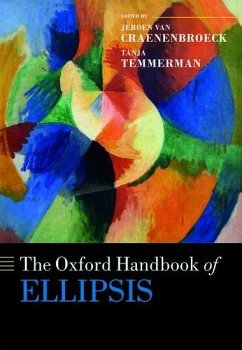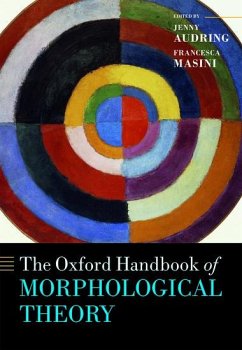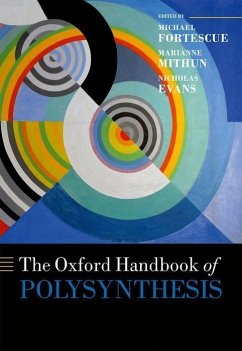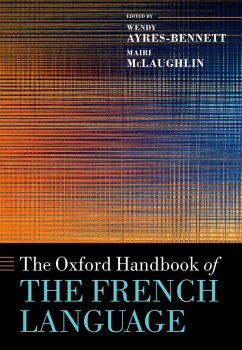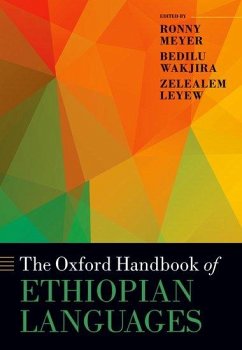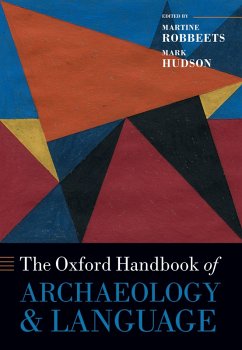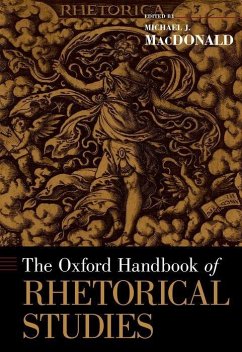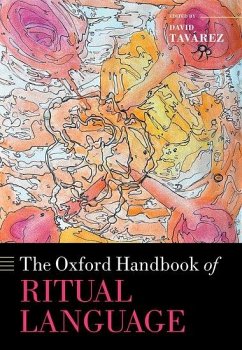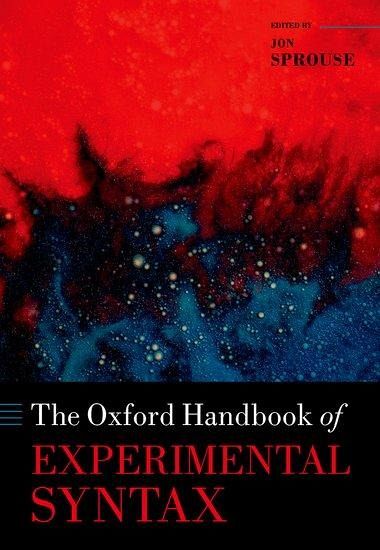
The Oxford Handbook of Experimental Syntax
Versandkostenfrei!
Versandfertig in über 4 Wochen
184,99 €
inkl. MwSt.

PAYBACK Punkte
92 °P sammeln!
This handbook, the first volume of its kind, showcases the multiple experimental methods that are used to explore the central questions in syntactic research. The chapters provide reviews of major experimental work, offer methodological guidance, and will inspire new research that will push the boundaries of the theory of syntax.



